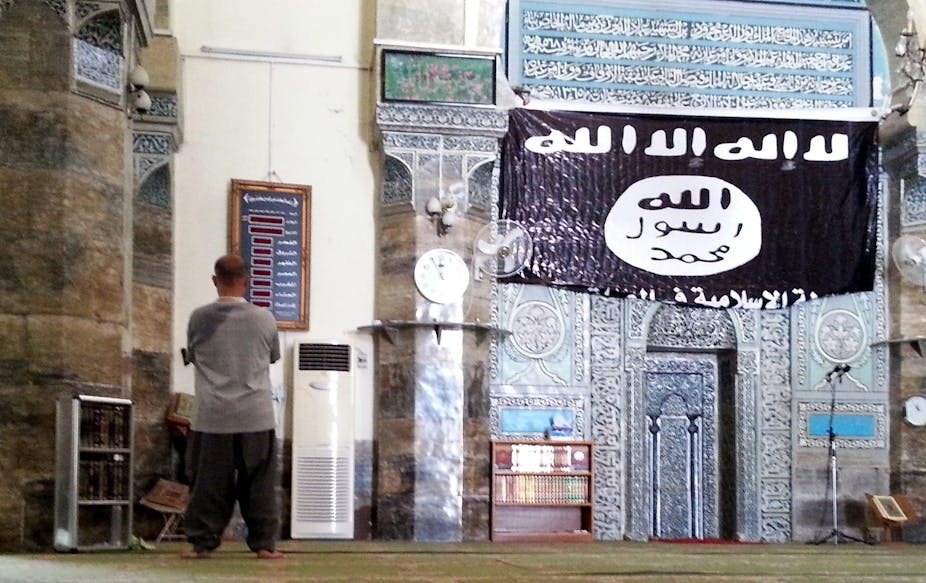Islam has a history of violence. Muslims can be violent. Denying this is not at all different to denying that Islam is peaceful and that all Muslims are pacifists. The dichotomy is simply false.
The Qur’an contains injunctions that call both for peace and for violence. The problem is not that they are there; the difficulty is that non-violent and militant Muslims appear equally justified. For some, the peace of God is through his sword; for others, it is found in his unbounded mercy. For example:
The servants of the All-merciful are those who walk in the earth modestly and who, when the ignorant address them, say, ‘Peace’. (Q 25:63)
Fight them, and God will chastise them at your hands and degrade them, and He will help you against them, and bring healing to the breasts of a people who believe. (Q 9:14)
Part of the problem is that there are concerns about religious content that are not dealt with openly. And there are just too many hard conclusions made about religious texts, often made by those who know less than they claim.
Looking at the three major religious traditions that believe in one God (Christianity, Islam and Judaism), all three make reference in their religious texts to both violence and peace.
So the fact that a religious text contains violent verses doesn’t make it a violent religion. But it’s also a fact that a religious text containing peaceful verses doesn’t make that religion peaceful either.
‘By their fruit you will recognise them’
Violence is not new to the history of religions, nor is it a phenomenon solely attached to the history of Islam.
Christians and Buddhists also have a track record of fanaticism, such as the bombing of abortion clinics and hardliner Buddhists in Myanmar.
Religious content may be a catalyst for violent action, but it should be remembered that its reading relies heavily on human interpretation. To put it mildly, “The world is bleeding to death through misunderstanding.”
Of course “it can never be right to kill in the name of God”, but it should also be dawning on all peoples that it is time to let go of pretensions that anyone knows the will of God.
This point directly underlines Darren Aronofky’s recent film portrayal of the biblical story of Noah. Whether you like the movie or not, it communicates an important message: the absolute silence of God.
In the film, Noah is forced to wrestle with his deepest, darkest self to understand and make decisions that will affect the lives of others. When Noah, played by Russell Crowe (and shown in the clip below), is about to kill the twin daughters born to his daughter-in-law – because he thinks it is the will of God – at length he cannot. He cannot find it in himself to perform such an act.
The film is a timely reminder that sometimes we make mistakes, and sometimes we make the right choices. And that is what is at the heart of any debate on religion, religious content and its interpretation: the choices we make.
Rather than listening to the claims and counter-claims about what “authentic” Islam really stands for, we might be better to pay more attention to how advocates of their faith choose to live their lives.
That way, it might be easier to avoid making assumptions about what the religion might mean, and instead focus more on how the faithful live.
The enemy of peace is not religion, but those who pursue acts of terror and violence against the innocent in the name of religion.

